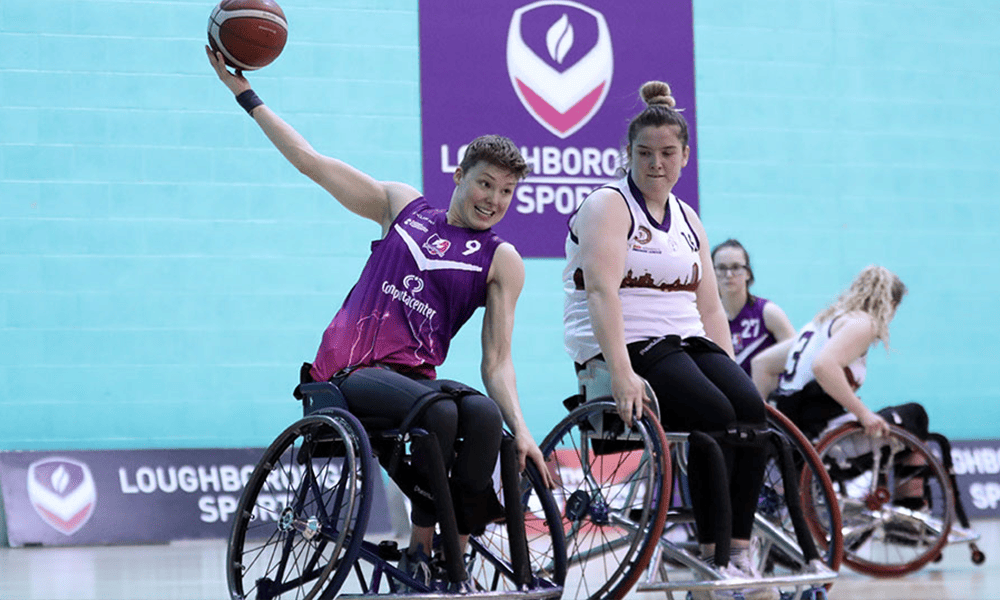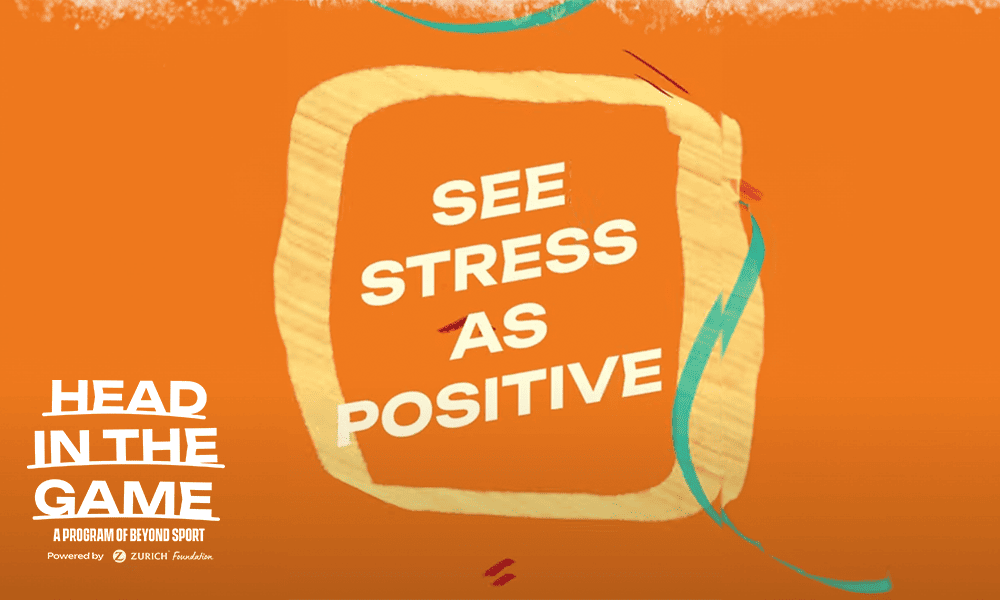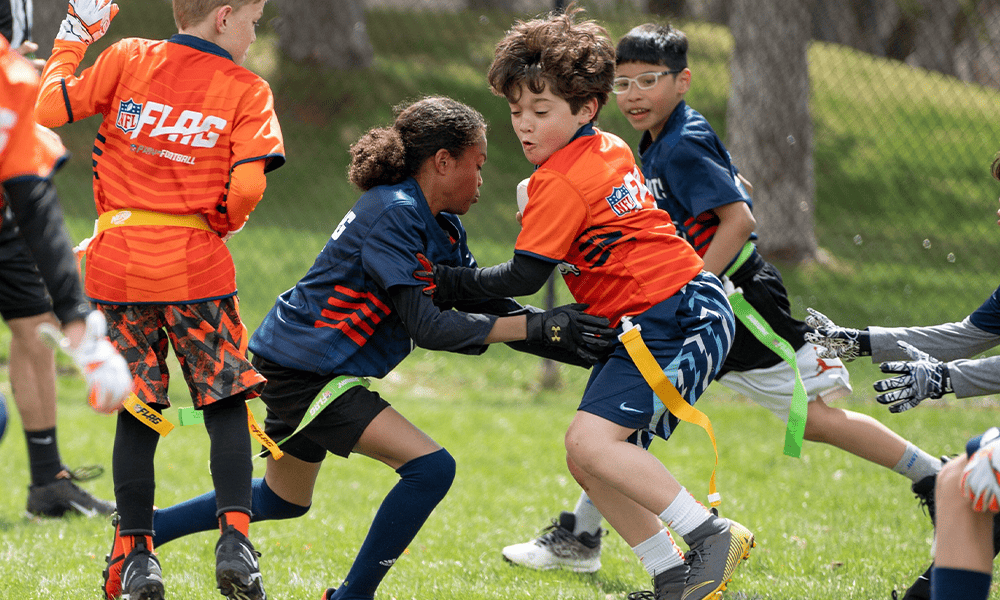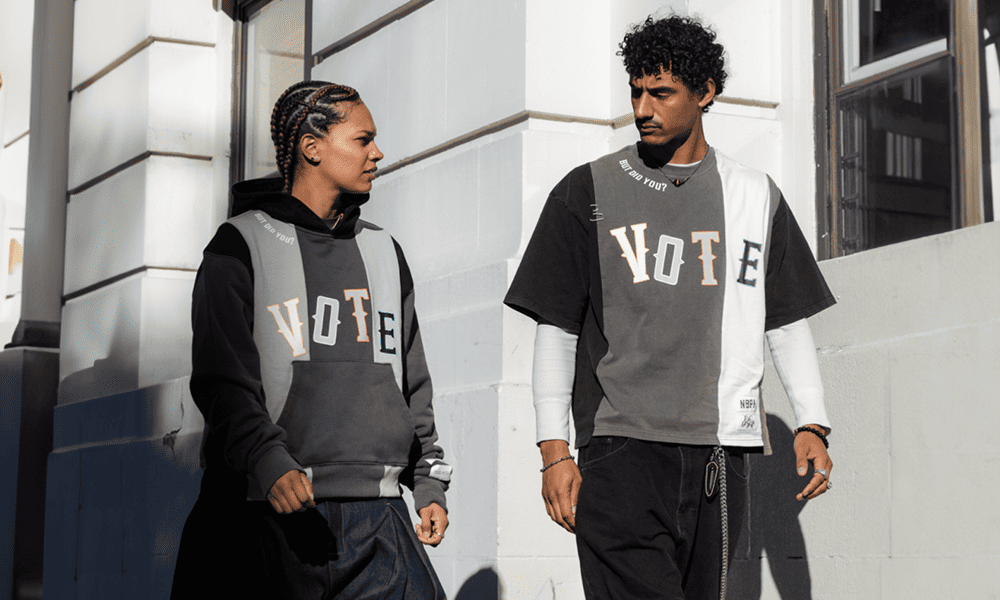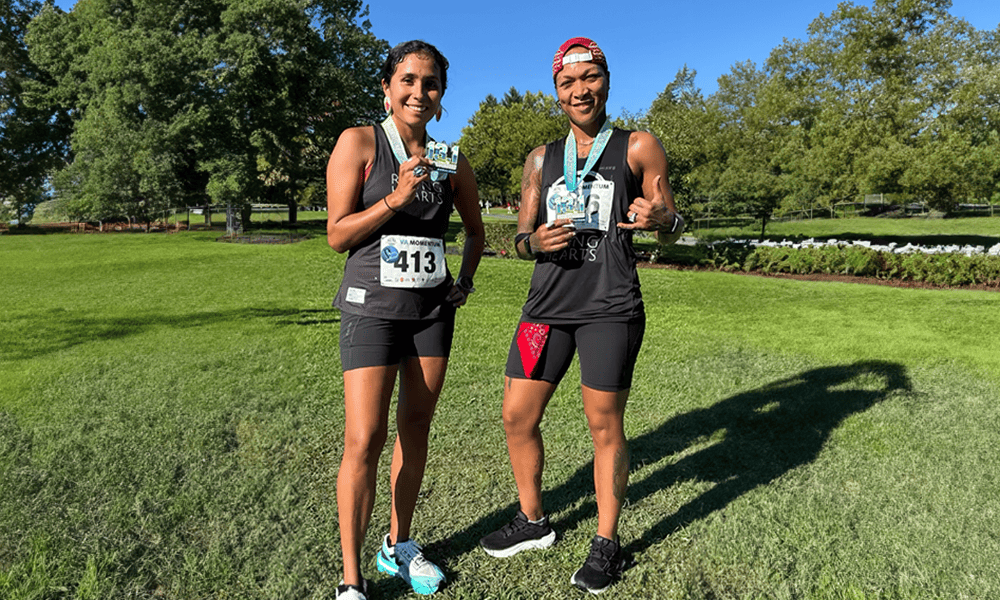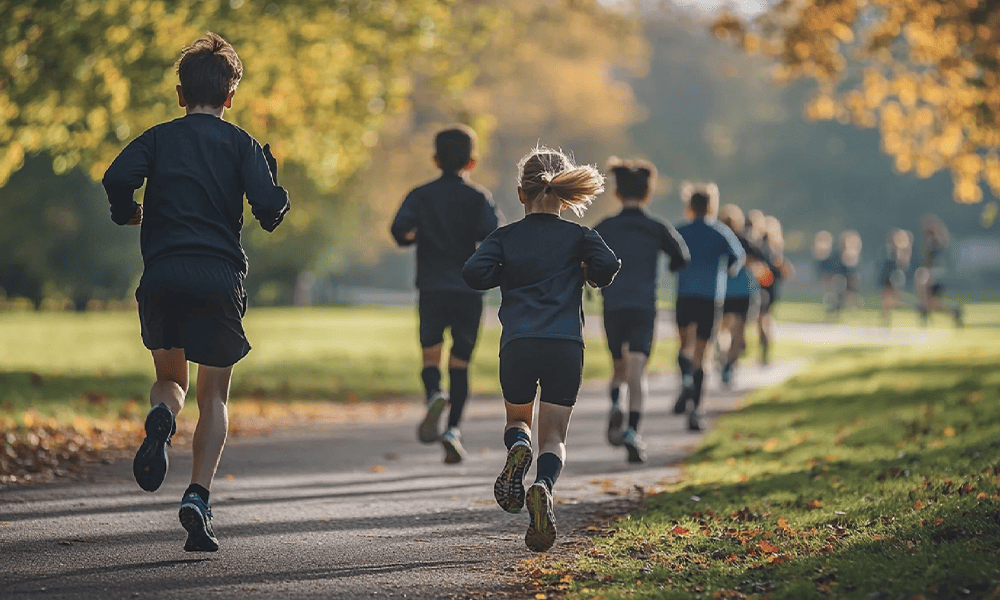August 26, 2022
Culminating our current series on sport for development organizations within our network that serve Indigenous communities, today we’re spotlighting Canada’s MLSE Foundation. We spoke to Social Impact Research Lead, Bryan Heal, about the Foundation’s collaborative approach to serving local Indigenous communities and youth and its efforts to work respectfully and mindfully with local Native communities while doing so.
Based in Ontario, Canada, MLSE Foundation is the charitable arm of professional sports organization, MLSE (Maple Leaf Sports and Entertainment), and is centered around the belief that “sport has the power to change the world”. The organization is committed to helping youth reach their full potential and creating a level playing field. MLSE is the parent company of the NHL’s Toronto Maple Leafs, the NBA’s Toronto Raptors and MLS’ Toronto FC, among other teams and organizations.
Since 2009, the Foundation has invested $45 million into Ontario communities and youth programming. Work includes, but is not limited to, the building and ongoing support of MLSE LaunchPad, the Foundation’s “living lab” which explores and measures how sport can help improve the lives of youth. MLSE LaunchPad provides free sport for development programming and has engaged over 10,000 youth in programs, events and initiatives that build life skills such as self-esteem and leadership. The 42,000-square-foot facility is located in one of the most socioeconomically diverse neighborhoods in Canada, where the majority of youth engaging in its programs are Black, Indigenous or People of Colour (BIPOC).
Outside of MLSE LaunchPad and community programs, MLSE Foundation centers the rest of its work in three additional areas: research, building community spaces and providing community grants. With an Indigenous population of more than 1.67 million people in Canada (4.9% of the overall population) and a projected Indigenous population of 2.5 million to 3.2 million by 2041, it has a strong focus on the inclusion of local Indigenous and Native communities.
In Canada, the three recognized Indigenous groups include the First Nations, Inuit and Métis, all having unique histories, languages, cultural practices and spiritual beliefs. However a long history of colonialism, prejudice, dispossession and other abuses against them have resulted in significant structrual and systemic discrimations that currently equate to poorer health outcomes, lower levels of education, inadequate housing with often crowded living conditions, higher unemployment and extremely high levels of incarceration.
“As settler organizations [not Indigenous-led or founded, while operating on Treaty lands], it is our responsibility to acknowledge, advance reconciliation and work towards right relations with Indigenous peoples. Our fight is to raise awareness and work to address systemic barriers through the provision of equitable access to opportunity on the field and to advance positive youth and community outcomes off the field,” shared Bryan.
He explained that ‘reconciliation’ for them is about recognizing the ideas and structures that created oppressive systems in Canada and acknowledging the intergenerational trauma resulting from them. In order to “build a more just Canada built on principles of trust, equality and respect”, the Foundation is committed to implementing the Truth and Reconciliation Calls to Action, a path for government and Indigenous and non-Indigenous communities to create a joint vision of harmony and reconciliation.

Studies such as the Foundation’s Change the Game research project provide an outlook on issues of sport access, barriers to physical activity, engagement and equity. Indigenous youth and parents from across Ontario have identified a variety of challenges they face, which includes access to quality and culturally safe spaces to play and affordability of travel costs required for members of remote communities to access sport opportunities. The research also showed that 1 in 4 Indigenous youth reported having directly experienced racism in sport, while more than two-thirds do not feel like they have someone they can talk to about it.
“These challenges identified are the voices we work to amplify and inform the kinds of programs, spaces and support we provide,” said Bryan. An example is the Foundation’s work to change the “face of coaching” through the Hockey Coach Education Program launched this past year in partnership with Scotiabank and the Greater Toronto Hockey League (GTHL). The program looks to provide more equitable opportunities for Indigenous youth where they can access coach certification credentials while being connected to coaching positions in their community.
“The program has enabled me to learn so much about coaching, youth, interacting with parents and overall how to be a more effective communicator with youth and others. I’ve certainly been impacted positively and as an Indigenous person, I am ecstatic to be a part of the diversification of coaching in hockey,” said a participant from the program, which Bryan shared will be expanding in the coming year.
The second focus on community spaces and the building and refurbishment of sport infrastructure supports free and accessible play in local communities. Currently, the Foundation is building a new basketball court and play space in partnership with the Toronto Raptors, the NBA and the Sheguiandah First Nation – an Anishinaabe First Nation on Ontario’s Manitoulin Island. This project is directly informed by extensive community consultation and engagement with local Indigenous communities.
“Our approach to working toward right relations with Indigenous communities are multi-faceted and include demonstrated learning and truth-seeking actions regarding the history and intergenerational trauma of colonization,” said Bryan. These actions also include “amplifying the voices of Indigenous youth in research and content, acknowledging the land we operate on and historical contributions of Indigenous communities to the sports we play and implementing trust-based partnerships in grant making and community investment opportunities rooted in principles of humility, capacity building and multiple ways of knowing.”

The third area of work involves community grants and trust-based philanthropic partnerships. These include grants to grassroots organizations that use sport and recreation to create physical health, mental health, academic and employment opportunities for youth in their communities. The Foundation’s active partnership with the Ontario Indigenous Youth Partnership Project (OIYPP) demonstrates its specific focus and support for Indigenous youth across Ontario through sport, while striving to model a trust-based partnership and work to shift the traditional power dynamics of funder and recipient.
The partnership provides direct financial, mentorship and capacity support to Indigenous youth to explore and execute their own ideas and help them reach their full potential. “In practice, this approach involves MLSE Foundation challenging traditional practices of philanthropy that have historically controlled funds and dictates how they are to be spent, in favor of an approach rooted in partnership and trusting Indigenous communities who know themselves best to direct where those funds need to be spent and how they should be evaluated,” said Bryan.
From all these partnerships, collaborations and programs with local Indigenous communities, Bryan shared that Indigenous elders teach them “that reconciliation is not possible without truth.” This is what is embedded in all Indigenous-focused work that MLSE Foundation conducts. “We are constantly iterating based on reflection, learning and engaging the voices of those we are aiming to serve.”
Alongside partnerships and programs, MLSE Foundation is also very engaged in recognizing Indigenous awareness months. These include sharing Indigenous-related content, hosting events to amplify Indigenous voices, integrating learnings into youth programs, and advancing staff learning through training and development. On September 30, the organization will recognize Orange Shirt Day, a Canadian holiday honoring the experiences of Indigenous Peoples.
MLSE Foundation was the 2017 Beyond Sport Global Award recipient of the Sport for Sustainable Cities and Communities Award.
